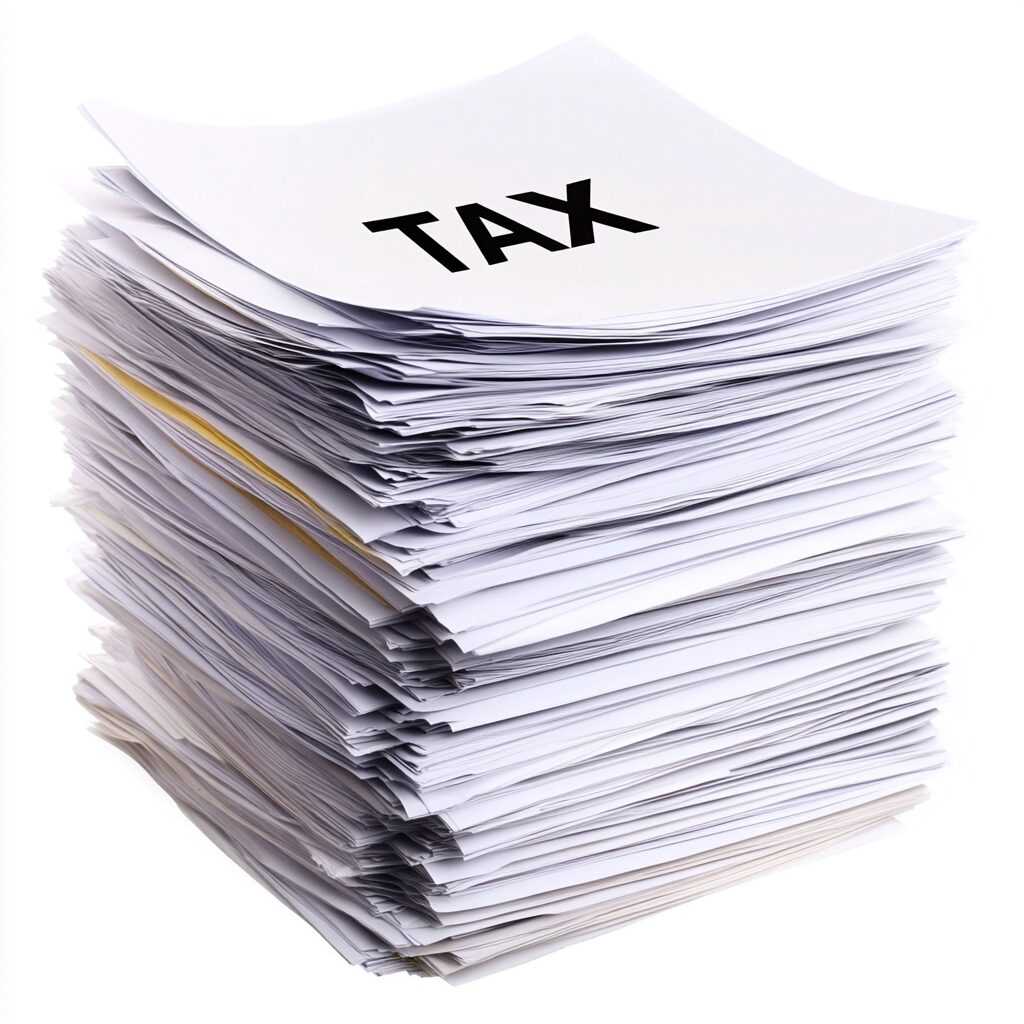So are tax returns done alphabetically or a different way?
One common question during tax season is, “Are tax returns done alphabetically?” The short answer is no. Tax returns are not processed in alphabetical order. Instead, HMRC follows a systematic approach to handle tax filings, prioritizing factors like filing date, return type, and completeness. In this blog, we’ll explore how HMRC processes tax returns and what you need to know about filing your taxes efficiently.
1. How Does HMRC Process Tax Returns?
First-Come, First-Served Basis
HMRC typically processes tax returns on a first-come, first-served basis. Returns filed early are usually processed before those submitted closer to the deadline. This means that if you file your return soon after the tax year ends, it’s likely to be reviewed before those filed at the last minute.
By Return Type
Different types of tax returns have unique processing timelines. For example, self assessment tax returns and corporation tax returns are handled separately, each with its own deadlines and requirements. HMRC processes returns based on these specific types, rather than alphabetically, to ensure that all taxpayers meet their respective deadlines.
Automated Processing Systems
HMRC uses automated systems to handle and review tax returns. These systems process returns based on their submission date and then flag any discrepancies or potential issues for further review. Because the system is automated, it does not rely on alphabetical order but rather on the data input by taxpayers.
2. Factors that Influence Processing Speed
Filing Method
Taxpayers have the option to file their returns online or by paper. Online returns are generally processed faster, as they go directly into HMRC’s automated system. Paper returns, on the other hand, require manual input, which can slow down processing. If you’re looking for a faster review, filing online is often the best choice.
Accuracy and Completeness
A tax return with missing information or errors can delay the processing time. HMRC may need to reach out for additional details or clarification, which slows down the process. Ensuring that your tax return is accurate and complete when you file it helps avoid delays and ensures it is processed promptly.
Timing of Submission
Tax returns submitted closer to the deadline (31st January for self assessment, for instance) may face delays due to the high volume of last-minute filings. Filing early in the tax year can improve your chances of faster processing and quicker access to any potential refunds.
3. What Happens After You File Your Return?
Confirmation of Submission
After you file your return, HMRC will send a confirmation notice. If you file online, you’ll receive an immediate confirmation. For paper returns, confirmation may take longer. This notice lets you know that HMRC has received your return and that it is now in their processing queue.
Reviewing for Errors or Red Flags
Once your return is in the system, HMRC checks for any errors, missing information, or unusual activity. The automated system flags returns that need further review, such as those with substantial changes from previous years or discrepancies in reported income. Returns that are flagged for review may take longer to process, depending on the complexity of the issue.
Issuing Tax Bills or Refunds
Once HMRC has reviewed your tax return, they will issue a tax bill or confirm your refund amount. If you owe taxes, you’ll receive a bill with details on how to pay. If you’re due a refund, HMRC will process the payment. Refunds are typically issued faster for those who file online, as the digital process is quicker and more efficient.
4. Tips for Fast and Efficient Tax Filing
File Online
To speed up processing, consider filing your tax return online. Digital returns are processed faster than paper ones, and you’ll receive instant confirmation of submission. Online filing also allows you to use HMRC’s system to check for errors before submitting, which can help prevent delays.
Double-Check Your Return
Make sure all information is accurate and complete before submitting your return. Double-check figures, ensure you’ve included all necessary documents, and correct any errors. Taking these steps ensures that your return is processed without unnecessary delays.
File Early
Filing your tax return early helps you avoid the rush that occurs closer to the deadline. Early filing gives HMRC more time to review your return and issue any refunds, so you can avoid the last-minute rush and any potential delays.
How TRW Accountants Can Help
At TRW Accountants, we assist with fast and accurate tax return filing, helping you avoid delays and ensuring your return is processed efficiently. Whether you’re filing a self assessment, corporation tax, or VAT return, our team provides expert guidance to make sure your tax return is complete, compliant, and submitted on time. Contact us today to learn how we can support you through the tax filing process.
Conclusion
So, are tax returns done alphabetically? The answer is no. HMRC processes tax returns based on filing date, type, and accuracy rather than alphabetical order. Filing early, submitting online, and ensuring accuracy are the best ways to ensure your return is processed quickly and without issues. By following these tips and seeking professional assistance, you can navigate the tax filing process with ease and avoid unnecessary delays.
For more insights, explore our resources on What months are tax returns? and Who can get a tax return?

